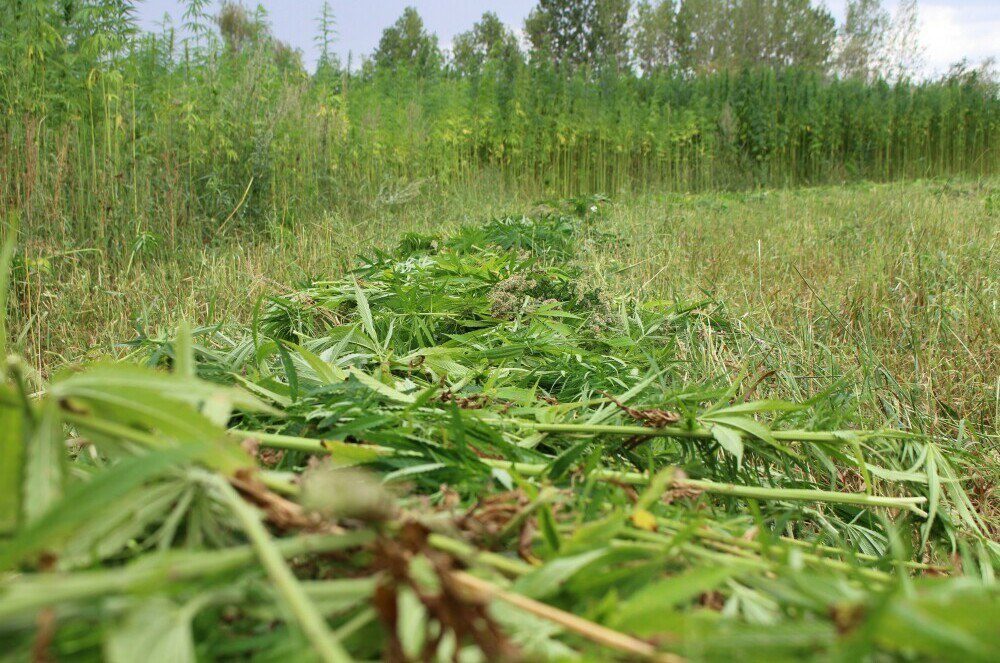
Initial encounters with terms like G7 and BRICS can be daunting. I’m here to shed light on these powerful groups.

The G7, formerly the G8 before Russia was excluded in 2014, is a band of some of the wealthiest democracies: Canada, France, Germany, Italy, Japan, the United Kingdom, and the United States. Each nation wields significant influence on the global economic stage. With over 50% of the world’s market clout.
BRICS—a formidable counterpart—is an acronym that initially encapsulated the emerging economies of Brazil, Russia, India, and China. By the dawn of the 21st century’s second decade, South Africa joined, cementing the group’s presence worldwide.

When 2024 arrived, BRICS expanded into a larger coalition named BRICS Plus. This increased alliance, inviting Iran, Saudi Arabia, the United Arab Emirates, Egypt, and Ethiopia, marked a significant boost in collective geopolitical and monetary influence. BRICS Plus’ staggering demographics alone—an astounding 45.78% of the world’s population—underscores its potential market clout.
As the G7 navigates this changing landscape, the group faces the increasing necessity to innovate and collaborate. Discussions on how to counter BRICS Plus and maintain steadiness in the global marketplace are taking precedence on their agendas.
Despite the prevailing confidence in the enduring strength of the US dollar, there’s awareness that BRICS poses a real challenge, especially in areas like energy where they control over 40% of the petroleum market.
To assert dominance and safeguard their economies, the G7 nations could turn to an unexpected resource: Industrial Hemp. Already known for its environmental benefits, this crop carries the potential to not only challenge BRICS Plus but also to reimagine the very foundation of industrial input materials.
Hemp’s environmental positives, like being the largest carbon sequestration agent, accentuate the need for a greener tomorrow while offering a strategic pivot away from oil dependency. With these factors in play, the stage is set for a deep dive into the transformative role industrial hemp could play in this international economic theater.
The Power of Industrial Hemp: A Game Changer
I need to introduce you to something that’s making waves in the global marketplace: Industrial Hemp. This isn’t the first thing you’d typically think of as a tool in international trade and economic strategies, but it’s becoming clear that its potential is grossly underappreciated.
Industrial hemp, with its exceptional versatility, could revolutionize countless industries and substantially diminish the G7’s reliance on petroleum, much of which is controlled by BRICS countries.
To truly grasp the breadth of Industrial Hemp’s influence, you must understand its myriad uses. We’re talking about a plant that can be transformed into over 25,000 different products. From textiles, bioplastics, and construction materials to biofuels and even food, hemp is a raw material juggernaut. Its cultivation could give G7 nations a substantial inroad into markets traditionally dominated by non-renewable resources.
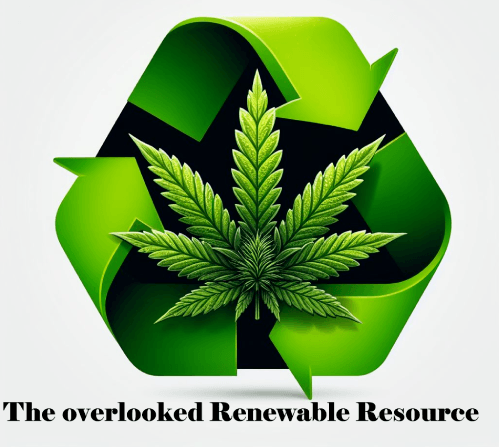
The environmental benefits of hemp are compelling. Did you know that Industrial Hemp is a leading player in carbon sequestration? Hemp plants absorb more CO2 per hectare than any forest or commercial crop. By prioritizing hemp cultivation, G7 countries can take giant steps towards reducing greenhouse gas emissions, vividly demonstrating leadership in the fight against climate change.
What’s more, turning to hemp could reap considerable advantages for the USD. With a strong push towards hemp, the USA could see an influx of USA-made hemp products becoming universally desired.
The appeal stretches from the environmentally conscious consumer to those seeking sustainable alternatives to traditional materials. The proliferation of these products across global markets could reinforce the USD’s strength and reliability as the world’s leading currency.
Strategizing for Market Influence: The G7’s Hemp Initiative
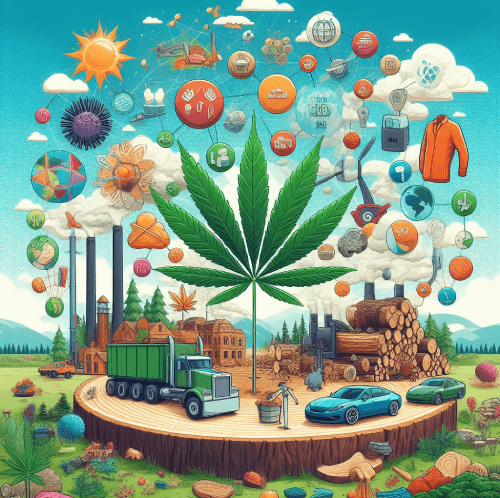
As nations within the G7 ponder over strategies to enhance their position in the global market, the introduction of Industrial Hemp presents an intriguing opportunity. The cultivation and usage of hemp offer a dual advantage: propelling economic vitality while tackling ecological concerns. The premise is straightforward – replace a portion of the raw materials currently dominated by the BRICS nations with hemp, a resource that G7 countries can widely produce.
To realize this vision, G7 countries need to enact forward-thinking policies that stimulate hemp agriculture and industry. These policies would have to encompass agricultural subsidies, research into cultivation techniques, and the establishment of a robust framework to regulate production and trade. Encouraging farmers to grow hemp by offering incentives is a pivotal step along this path.
Collaboration among G7 nations will be paramount. By pooling resources and expertise, these countries can fast-track the development of hemp-based industries. From textiles and building materials to bioplastics and biofuels, the possibilities for hemp utilization are vast. It’s about leveraging each nation’s strengths – whether it’s Japan’s advances in technology, Germany’s precision engineering, or America’s vast agricultural land.
In transforming their economies, G7 countries will also be encouraging the use of more eco-friendly products. Mention ‘made in the USA’ and a sense of quality, reliability, and trustworthiness comes to mind. Multiply this sentiment across all G7 nations, and you harness a powerful narrative that supports local industries and the global appeal of G7-manufactured goods.
Enriching global trade further, investment in hemp infrastructure sets the stage for making the USD and the currencies of other G7 nations more influential. By becoming known as nations that supply high-quality, sustainable raw materials and finished products, the G7 could cement their currencies’ status in international trade, securing the valuation of the USD and its counterparts.
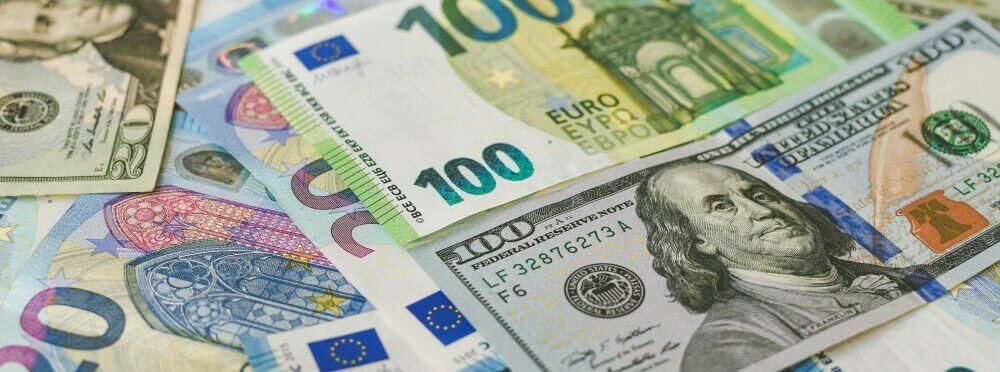
On the doorstep of section 4, consider this: A commitment to hemp not only opens new avenues for commerce and trade but also symbolically represents a shift towards responsible stewardship of our planet. Success hinges on how well these nations navigate the challenges of such systemic changes.
Progressing Towards a Greener Tomorrow: Outcomes and Challenges
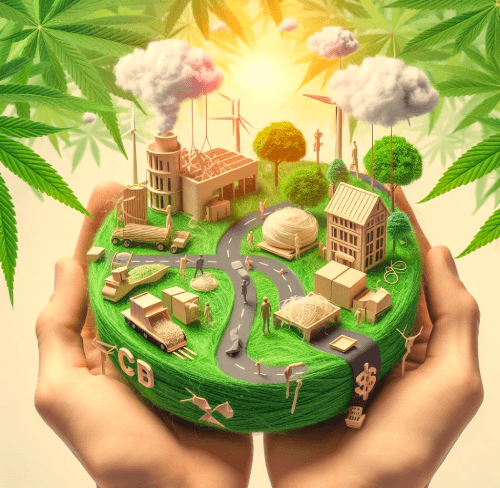
The shift towards Industrial Hemp signals a strategic move by the G7 to not only contest the BRICS Plus influence but also to foster a more sustainable and less petroleum-dependent future. This push aims to strengthen the USD through greater self-reliance and promoting USA-made products, reducing the impact of external market fluctuations.
Yet, the journey is not without its obstacles. Transitioning to hemp-based economies requires substantial investment in research, farming practices, infrastructure, and market creation. The G7 countries will need to navigate legal frameworks, industrial adjustment, and public perception to realize this initiative fully.
Potential pushback from BRICS countries may also arise, posing a challenge to the G7’s Hemp Revolution strategy. This could take many forms, from increased competition in hemp production to geopolitical maneuvers designed to safeguard their petroleum interests.
Over the long haul, things are looking bright. The success of the G7’s hemp initiative may well depend upon not just the commercial and environmental benefits, but also on continual innovation and adaptive strategies to maintain its competitive edge in the shifting sands of global politics and economics.
Join the Industrial Hemp movement today!
Stacie Fortson, GGWHSF




10 Comments
Gabriel John
I recently had the pleasure of reading your article. Your analysis of the geopolitical landscape and the potential of industrial hemp as a strategic resource is both timely and thought-provoking. The comprehensive manner in which you outlined the benefits of industrial hemp, including its environmental, economic, and industrial applications, highlights its significant potential to reshape the global market.
Your comparison between the strategies of the G7 and BRICS nations provides a clear perspective on the competitive dynamics in the global market. The suggestion that the G7 could leverage industrial hemp to strengthen their economic standing is an innovative approach that merits serious consideration.
I am curious about your thoughts on the potential challenges and barriers that might arise in the implementation of such strategies. For instance, how do you foresee the regulatory landscape evolving to accommodate the growth of industrial hemp industries?
Thank you once again for sharing your expertise and perspective on this critical issue.
Gabriel John
Stacie Fortson
Gabriel,
I appreciate your thoughtful comment and thank you for joining the conversation as well.
The potential challenges and barriers are lessening every day, I just read this morning that with the newest laws on growing Industrial Hemp for industrial reasons, the farmers will see reduced regulatory restrictions, while farmers that are growing for CBD and other cannabinoids for humans and animal consumption will continue to be subject to more intensive inspections and lab testing, per the 2018 Farm Bill.
This is long overdue legislation! And it will hopefully encourage our farmers to rethink their next crop.
Thanks for your support, for your next purchase, think green and think Industrial Hemp.
Stacie Fortson, GGWHSF
kiersti
Your article presents a compelling argument for the potential economic and environmental benefits of hemp production. I found your analysis of the competitive advantages of hemp compared to traditional materials to be particularly enlightening. Your suggestions for policy changes and collaboration among G7 countries to promote hemp cultivation and utilization are thought-provoking. One question that arises is, what specific steps do you propose for the USA and the G7 to implement these strategies and effectively compete with BRICS in the global market?
Stacie Fortson
Kiersti,
Thank you so much for joining the conversation with such a fabulous question.
For the US and the G7 nations to effectively compete with BRICS in the global market, they would, to start with, have to have a solid plan in play to create Hemp biofuel. This plan can be easily implemented with many farms designated for growing Industrial Hemp.
Farmers worldwide over the past ten years have been just waiting for the green light to begin growing our once relied upon hidden treasure, Industrial Hemp. Believe it or not, Industrial Hemp is one of the more lucrative crops to grow recently.
Innovative companies like Hemp Traders, have been making headway with growing, harvesting, and manufacturing Hemp-based products. We need to start supporting these companies so we can see these changes take effect sooner rather than later.
I hope to have you on board with the Industrial Hemp Revolution we are embarking upon. Everyone thought CBD was going to be the money maker, which it has do not get me wrong, but there is a whole industry just waiting to be unveiled and it is going to be not only a financial boom for farmers but also, a long overdue environmental win!
Thanks for the support, and vote YES for Industrial Hemp!
Stacie Fortson, GGWHSF
Vlad_B
Hello, and thank you for posting this article. It’s a very informative and interesting read. It’s great to see the huge potential of Industrial Hemp and how it can change the future of the global market and planet. Action will definitely be taken in the near future if more people are aware of it and people like yourself share this information.
Great work; thank you for that article.
Vlad
Stacie Fortson
Vlad,
Thanks so much for stopping by and joining in on the conversation.
I can only hope that politically influential individuals read my article and have the same understanding and approval of Industrial Hemp.
We have seen some great strides in the development of Industrial Hemp. With a power move of implementing Industrial Hemp in the manufacturing of biofuels and replacing many wood-derived products, Industrial Hemp could help end the dependency on petroleum, and spark a whole new greener future for the US and the G7.
I hope you have shared this with everyone you can, I am glad to have your support as well.
Stacie Fortson, GGWHSF
Eric
Hi Stacie, you have a great point on how G7 countries can combat the BRICS nations’ economic influence by harnessing the potential of industrial hemp. The potential of industrial hemp as a means for the USA and the G7 countries to compete with the BRICS nations (Brazil, Russia, India, China, and South Africa) in the global market. It highlights the economic significance of the BRICS nations and their increasing influence on the global economic order. Industrial hemp is a versatile plant that can be used in various industries, including food products, biofuels, textiles, building materials, and more. It offers several advantages, such as requiring less water than cotton, having every part of the plant being useful, and absorbing more carbon dioxide per hectare than other crops and most trees.
By investing in the development of the industrial hemp industry, these countries can tap into its versatility and sustainability to create new economic opportunities and strengthen their position in the global market.
Stacie Fortson
Eric,
I am very happy that you saw the same thing I did! Thanks for visiting and showing your support!
Stacie Fortson, GGWHSF
Chris Towers
Hello, and thanks for the info here, a great read!
It is interesting to me how industrial hemp can be a turning point in international trade and your article really sheds some light on this.
I was also interested to read about the potential impact on the global market.
Do you think there are specific policies that the USA should put into place to take full advantage of hemp production?
A very good post and look forward to reading more from you.
Many thanks
Chris
Stacie Fortson
Chris,
When I discovered what was going on with this whole deal, I was researching BRICS for a friend who was interested in this currency, from my discovery the nations behind BRICS are trying to pull a fast one to gain Global domination through control of the oil supply. These summits they hold yearly are most likely smear campaigns towards the G7 nations. They do not like us!
They already control 45% or more of the petroleum reserve. Now is the time for the G7 and the US to take action and start implementing plans to replace the majority of fossil fuel usage with biofuel created from Industrial Hemp.
We really need to start taking action, if we expect to stay a step ahead of this sneak attack on Global domination.
Another great thing about Industrial Hemp, it can not only be used for biofuels but also any wood-made products, there is a hemp counter product that is better for the environment and saves the lives of our much needed trees.
Thanks for your support and I am glad you enjoyed the article.
Stacie Fortson, GGWHSF